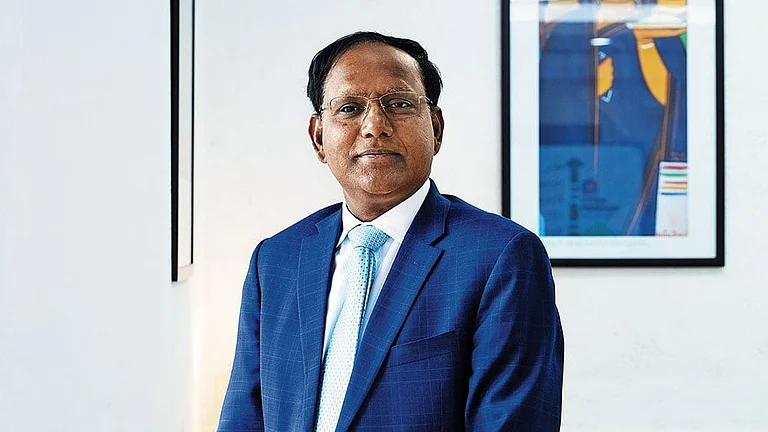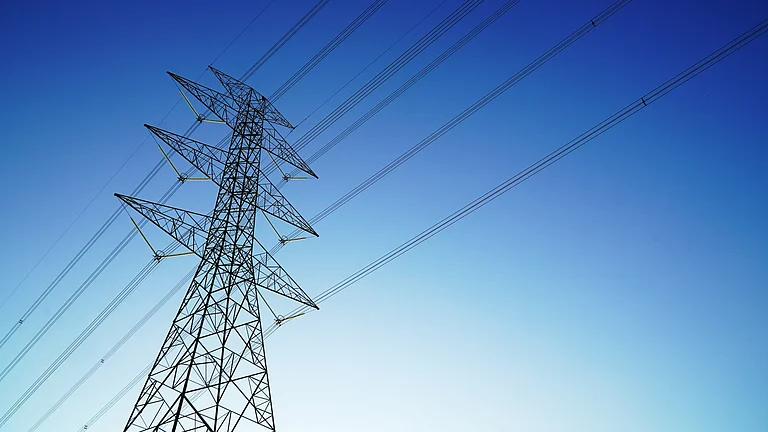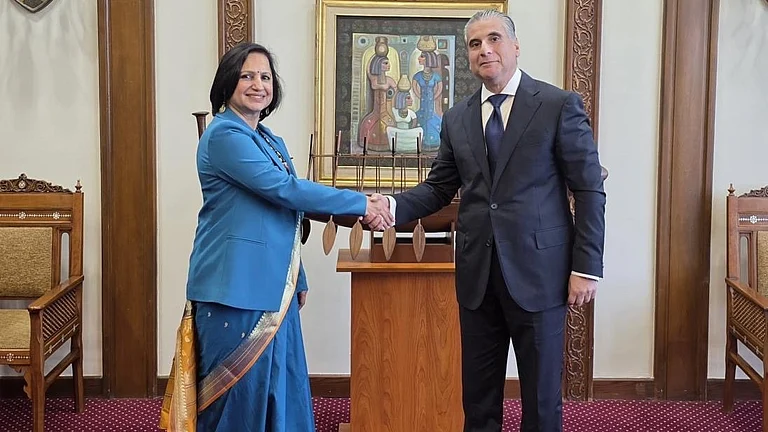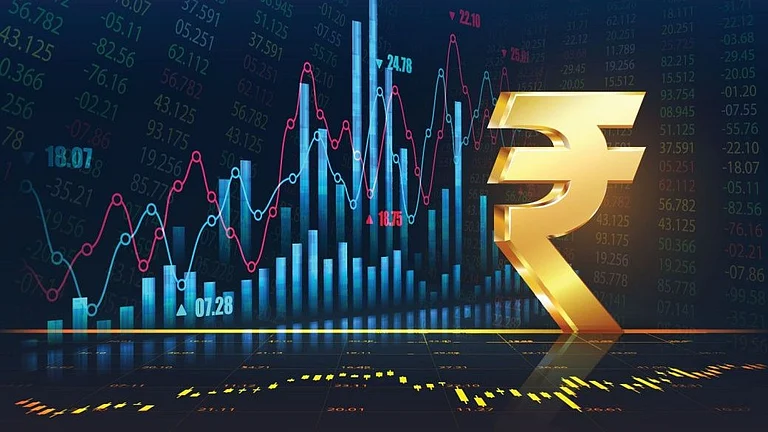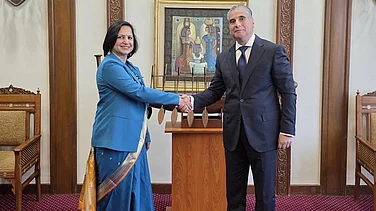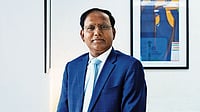External Affairs Minister S Jaishankar on Sunday said it will not be surprising if critical and emerging technologies come up as one of the most important metrics of power, and added that concerns in the CET field are influenced by how market share and production dominance are leveraged in other areas.
The questions of who invents and manufactures, market shares, resources, skills and talent pool in relation to CET are becoming increasingly critical in the global arena, Jaishankar said while virtually addressing the 'Semicon India 2023' event.
The minister also said a more self-reliant India will also be more self-reliant in semiconductor production.
"It (CET) is an intrinsic element of the knowledge economy that is steadily unfolding. In fact, if you think about it, one of its primary characteristics is how deeply it embeds technologies in a manner that profoundly influence all aspects of our lives," he said in his address on the topic of 'India's role in emerging and critical technologies.'
"If the very nature of our economic and social activities undergo a transformation as a result, then it is not surprising that critical and emerging technologies (CET) should emerge as one of the most important metrics of power," he said.
The CET is today an increasingly important subject of conversation with many key partners, Jaishankar said.
Talking about the "chip war", the Union minister said while its depiction "may be somewhat overstated, but it has more than a fundamental kernel of truth."
"To a considerable extent, concerns in the CET field are influenced by how market share and production dominance are leveraged in other areas," he said.
The minister said a more self-reliant India will also be more self-reliant in semiconductor production.
An India that is thinking of enhancing both the quality and quantity of its exports and become more deeply embedded in global value chain will also necessarily be focused today on the semiconductor domain, he said.
"It is essential that these developments are viewed from a larger perspective of India and the US building a technology partnership for the future. India's entry as the latest member of the Minerals Security Partnership (MSP) is surely worth noting given the importance today of diversifying and securing supply chains in that area," he said.
This collaboration today extends to new initiatives in additional domains such as space and creation of a joint Indo-US quantum coordination mechanism, Jaishankar said.
He said that in a meeting in Japan in May 2023, leaders of the QUAD grouping agreed on the principles of CET standards, inter alia supporting industry-led, consensus-based multi stakeholder approach and endorsing technology standards that promote interoperability, competition, inclusiveness and innovation.
"The intent was to foster technology standards that support safety, security and resilience. These principles were meant to assist governments and organisations to develop appropriate standards, and it is clearly QUAD's expectation that many other nations would join us in that regard," he said.
Japan, he said, is another "significant partner" in this domain.
India also has an ongoing critical minerals investment partnership with another QUAD partner, Australia, the minister said.
He said technology trade is not just trade, but is also about politics, as the world seeks reemergence of export controls as a response to strategic assertions of economic strength.
"How to do business needs to be tempered with where and with whom to do it. This today matters even more because of our recent experience with the COVID-19 pandemic and stresses this induced on the international economy. We all woke up to the realisation of this serious over-concentration of production in different domains," he said.
Whether it was disruption or manipulation, the final outcome was similar in terms of generating anxiety about reliable, resilient and redundant supply chains, he said.
"In the political world, there is already a debate on the downside of globalisation. But in the technology and manufacturing wars, this is a reality that cannot be reversed. The objective here is to optimise globalisation, not deny its reality," Jaishankar said.
"We are heading for an era of re-globalistion with many more centres of production -- one which is clearly much more collaborative than in the past," he said.
Then you understand why it is so important that India has stepped up at this point of time, he said.
"Our semiconductor mission is not just about meeting domestic requirements, it is also about contributing to a global demand for trusted manufacturing. Indeed, it is truly a powerful case for make in India and make for the world," the Union minister said.
He also emphasised on the importance of trust and transparency as key issues in debate for the future of the digital domain.
"Who processes and harvests our data is increasingly critical in the world of artificial intelligence. Nor, indeed, can we any longer separate even the basic manufacturing and everyday commodities and services from data implications," Jaishankar said.
He said the pace of change that is being witnessed in the CET sphere will also create an accompanying upheaval when it comes to required talent pool.
"Here, too, India can make a significant difference to the global economy...particularly so as changes in the last decade in India are creating the infrastructure for stronger skill development, for greater technical education and for a more vibrant innovation culture," Jaishankar added.









